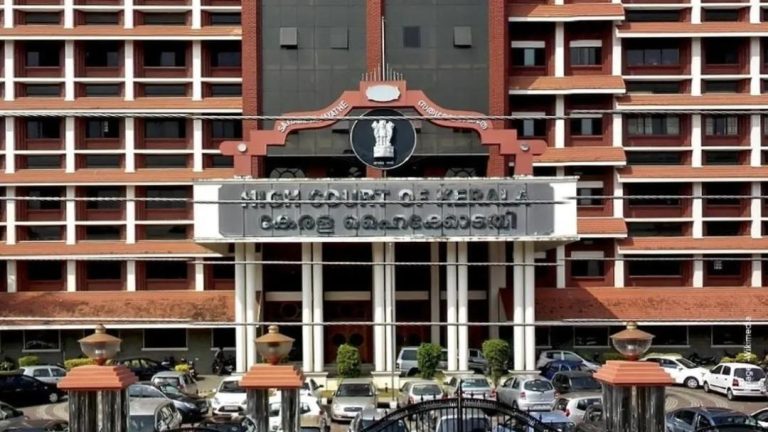
Waqf Bill to be thrown in dustbin if RJD comes to power: Tejashwi
In a recent statement, RJD leader and former Deputy Chief Minister of Bihar, Tejashwi Yadav, has sparked controversy by announcing that the Waqf (Amendment) Bill will be thrown in the dustbin if the Rashtriya Janata Dal (RJD) comes to power in the state. The Bill, which aims to amend the Waqf Act of 1995, was passed by the Bihar Assembly in March 2022 and received President Droupadi Murmu’s assent in August 2022.
The Waqf (Amendment) Bill seeks to increase the number of members in the Bihar State Waqf Board from 31 to 51, with a provision for reservation for backward classes, women, and minorities. The Bill also aims to increase the representation of women in the board from 10% to 20%. However, Tejashwi Yadav has dismissed the Bill as a political move to divert attention away from pressing issues like unemployment and help the Bharatiya Janata Party (BJP) in its politics of polarisation.
In an interview with a leading publication, Tejashwi Yadav said, “The Bill was brought with the intention of diverting public attention away from pressing problems like unemployment and helping the BJP in its politics of polarisation. We will not allow this to happen. If RJD comes to power, this Bill will be thrown in the dustbin.”
Tejashwi’s statement has sparked controversy, with many critics accusing the RJD leader of playing politics with religious sentiments. The BJP, on the other hand, has defended the Bill, claiming that it is a genuine effort to empower minorities and ensure their representation in the Waqf Board.
The Waqf Bill has been a contentious issue in Bihar, with many religious leaders and organizations opposing the changes proposed by the Bill. The Bill has also received criticism from some quarters for allegedly diluting the powers of the Waqf Board and allowing the government to interfere in its functioning.
The opposition to the Bill has been led by the Jamiat Ulama-i-Hind, a prominent Islamic organisation, which has accused the Bihar government of trying to undermine the autonomy of the Waqf Board. The Jamiat has also demanded the withdrawal of the Bill, claiming that it is an attempt to divert attention away from the real issues affecting the state.
The controversy surrounding the Waqf Bill has also sparked a debate on the role of religion in politics. Critics of the Bill have accused the BJP of trying to use religious sentiments to further its political agenda, while supporters of the Bill have claimed that it is a genuine effort to empower minorities.
In conclusion, the controversy surrounding the Waqf Bill is a reflection of the deep-seated political and ideological divisions in Bihar. Tejashwi Yadav’s statement that the Bill will be thrown in the dustbin if RJD comes to power has sparked controversy, with many critics accusing the RJD leader of playing politics with religious sentiments. However, the Bill has also received criticism from some quarters for allegedly diluting the powers of the Waqf Board and allowing the government to interfere in its functioning.
As the political landscape in Bihar continues to evolve, it remains to be seen how the Waqf Bill will be implemented and what impact it will have on the state’s religious minorities. One thing is clear, however: the controversy surrounding the Bill has exposed the deep-seated political and ideological divisions in Bihar, and it will be up to the political parties to find a solution that addresses the concerns of all stakeholders.






